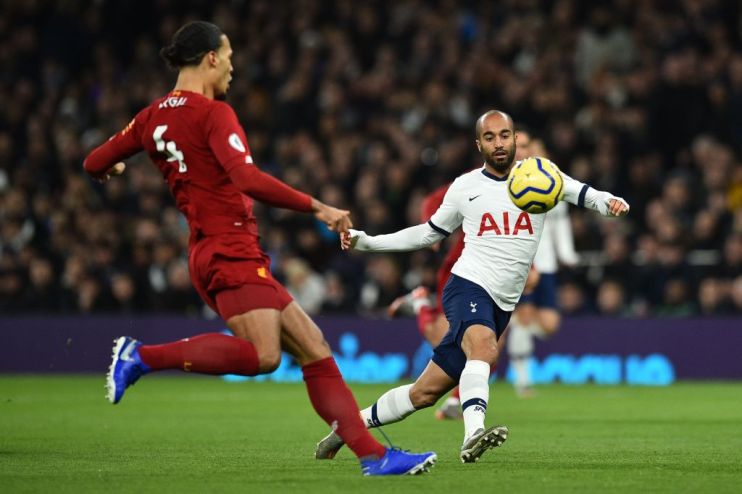In politics as in football, a star transfer player isn’t enough to save a struggling club

As every football fan knows, the start of a new year marks the opening of the January transfer window.
A host of Premier League teams, anxiously surveying their position in the table, will be forking out eight-figure sums for new players in order to drag themselves out of the relegation zone or up towards the Champions League places, or else fill some position or other of desperate need.
But as new research from the 21st Club consultancy shows, this kind of panic-buying is a mug’s game. For the average team, splashing out £30m will generate an extra 0.1 points per game on average — which equates to just one or two points over the remaining half-season.
The problem is particularly acute when it comes to strikers. The archetypal winter buy is the star forward, meant to add some desperately needed end product to a struggling side.
But 21st Club shows that a staggering 55 per cent of such signings do not score a single goal over the remainder of the season. And even those that do find the target will have less impact on the club’s eventual league position than those doing the buying generally imagine.
Why bring this up? Well, at the risk of twisting the knife, this is the position that Britain’s opposition parties currently find themselves in.
Labour, for example, has a respectable range of candidates from all wings of the party. But they are being asked, effectively, to provide a miracle fix for a club that is in disarray — to alter its trajectory by sheer force of personality, without anyone pausing to consider the deeper causes of the party’s decline.
Moreover, the fact that the Labour selectorate is firmly of the left means that, with the exception of the Blairite standard-bearer Jess Phillips, each candidate is having to pay lip service to the idea that Labour’s main problem was Corbyn, or at a stretch Corbynism, rather than the party’s socialist agenda.
And so we have Sir Keir Starmer, north London barrister and doyen of the Islington Remainers, launching with a campaign video suggesting that he’d spent half his life on the picket line.
In football terms, this is rather like a club that insists on focusing on the problems on the pitch, rather than the leaking stands and shambolic front office — that buys new players and hires new managers, but never stops to address the fundamentals.
For the Liberal Democrats, the situation is even worse. The fact that the next leader has to be an MP means that they are choosing from a pitifully small pool — a threadbare squad, many well past their best, barely able to get a full 11 on the pitch, with no transfer budget to speak of.
What are the odds of finding a superstar, given such limited choices?
Of course, any football fan reading this will be able to think of a host of January transfers that do work out, most recently, Liverpool snapping up Virgil van Dijk as the lynchpin of their defence.
But again, the political lessons are striking. Liverpool had been courting van Dijk for months, having decided (rightly) that he was exactly the piece they needed in their tactical jigsaw.
The parallel here is with the Conservatives earlier this year. It is hard to remember, as Boris Johnson basks in the glow of a thumping election victory, but the party under Theresa May was facing an existential crisis: winning just nine per cent of the vote at the European elections, Leavers and Remainers at each other’s throats, the delivery of any form of Brexit in significant jeopardy.
The calculation made by the party’s members was that the one person who could convincingly dissociate himself from May’s Brexit deal and see off Nigel Farage was the man who had led the Leave campaign in the first place.
And Boris’ own calculation was that the only route to Tory survival — let alone his eventual triumph — was to go hell for leather to deliver Brexit and ask the voters to punish those who insisted on blockage and delay.
It is true that the Liverpool centre-half has a rather more elegant manner on the football pitch than the PM. But in both cases, there was an extensive period of diagnosis, followed by exactly the right signing to fit the team’s needs.
The message to the opposition parties, then, is to think very carefully and strategically about exactly what you need. The more desperate you are — the more panicked — the worse a decision you’re likely to make.
A Rebecca Long-Bailey or Richard Burgon may talk a great game about how they share the club’s values, and there’s nobody better at kissing the badge. But the odds are that sooner rather than later, you’ll be desperate to offload them.
Main image credit: Getty